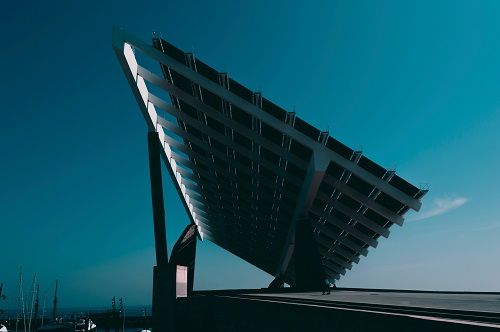The German government's Solar Package I has been fast-tracked through the Bundesrat and Bundestag. The aim is to further accelerate the expansion of solar energy. "The big gap in the package, however, is storage," criticises Markus W. Voigt, CEO of the aream Group. "Increased storage capacity could further reduce the costs of photovoltaics and reduce subsidies."
The expansion of solar energy is a success story. In less than 20 years, the sector has developed from a subsidy-dependent industry in Europe to a market industry throughout the world thanks to government support measures such as the 100,000 Roofs Programme. Components such as modules are now over 90 per cent cheaper than they were 15 years ago. At the same time, various models have ensured that communities can participate in the expansion of solar energy and benefit from installations.
However, security of supply remains a problem: without sun there is no solar energy and without wind there is no wind power. At certain times of the year, there can be significant local troughs in wind or solar irradiation, in which case production reductions must be replaced by alternative sources of energy. In order to make renewables capable of meeting base load requirements, they need to be significantly expanded over large areas and the grids and, above all, the storage facilities that can be tapped into in the event of production shortfalls need to be expanded. And that's not all: "If there is more storage, the grids need to be expanded less, especially in the medium-voltage and distribution grids," says Voigt.
"This is where the solar package falls short of what would be important and desirable," says Voigt. Regulatory adjustments are being made step by step in order to further optimise the generation and storage of solar and wind energy and thus bring them closer to base load capability. "However, subsidies could be put to good use when expanding storage, as increased storage capacity reduces the need for new lines," explains Voigt. "The storage infrastructure could be financed, among other things, by not having to invest so much money in the large electricity transmission lines."
PRESSEKONTAKT:
Leandra Kiebach
T: +49 (0)211 30 20 60 4-2
E: lk@aream.de
